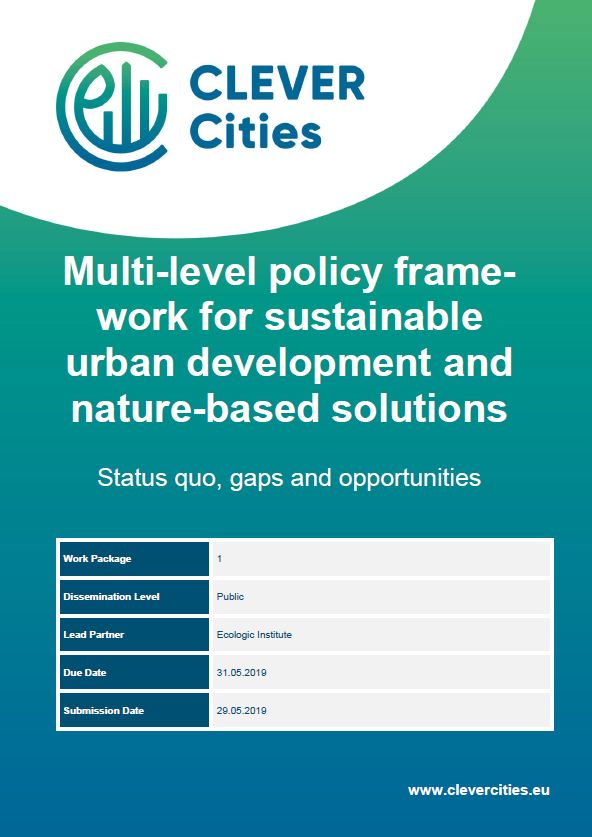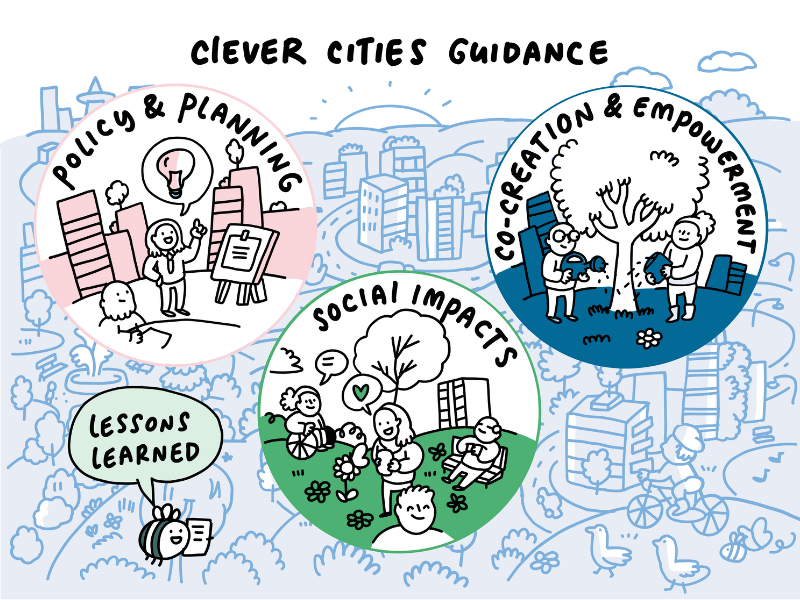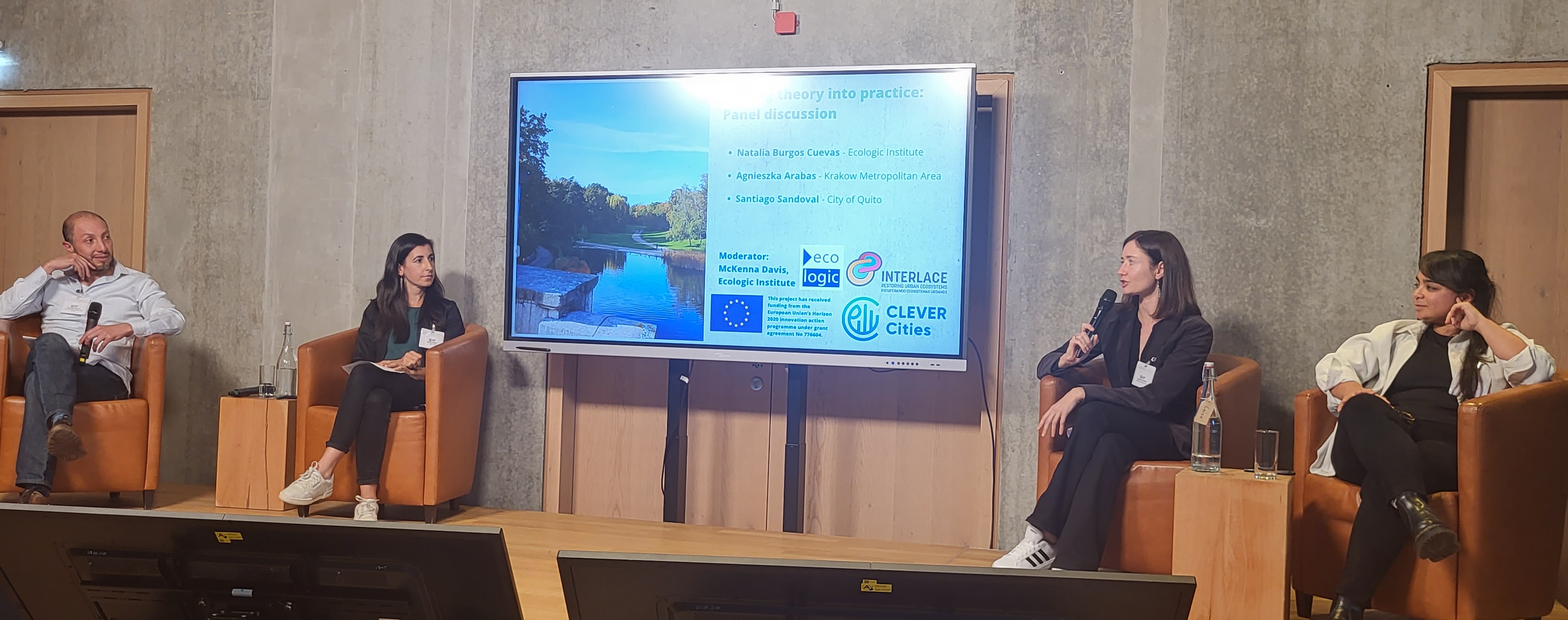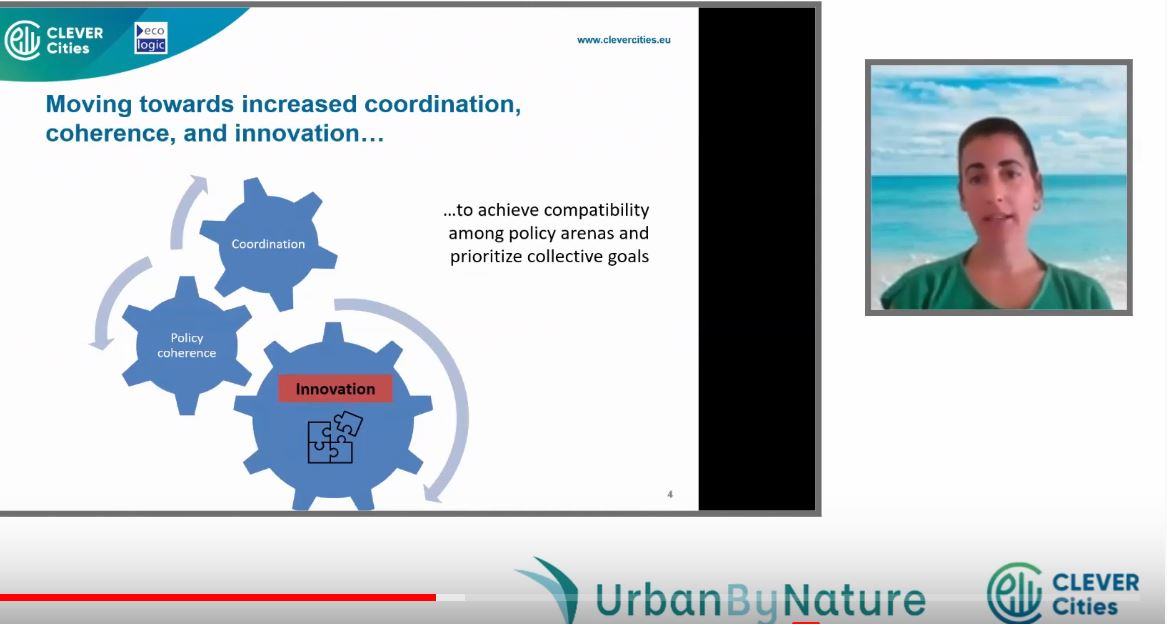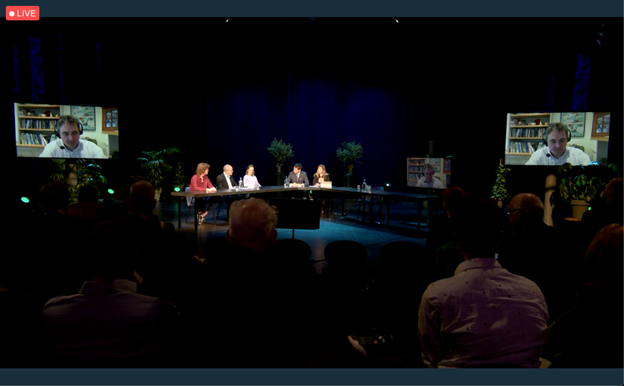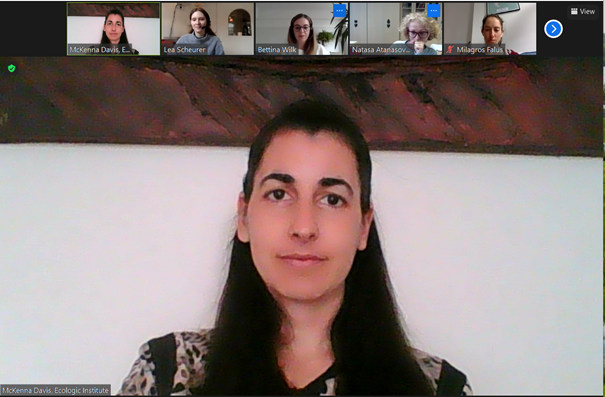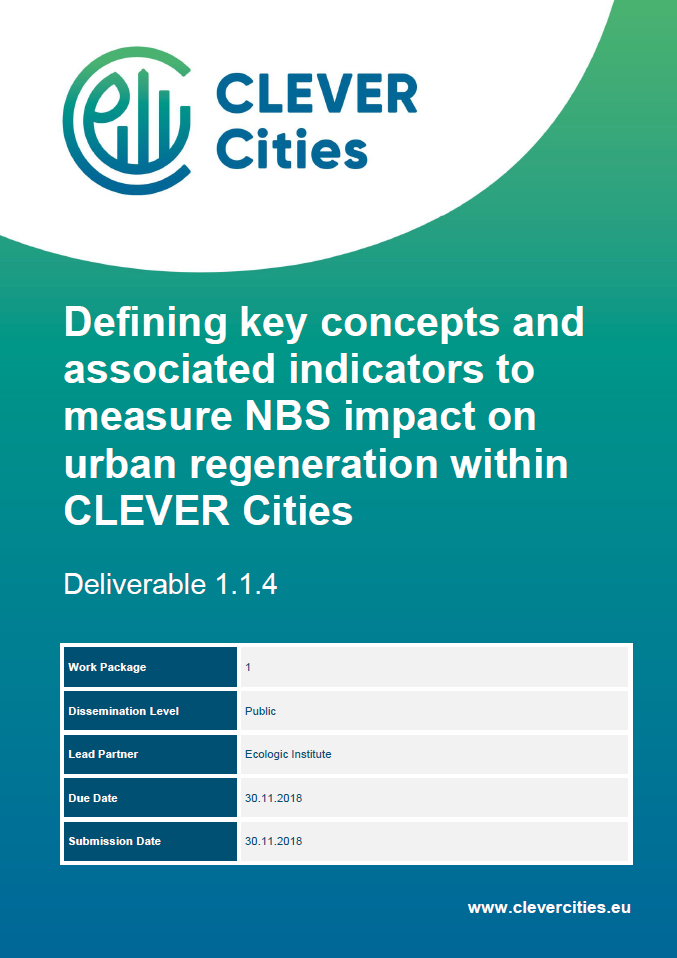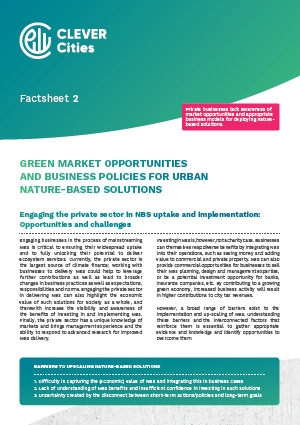Multi-level Policy Framework for Sustainable Urban Development and Nature-based Solutions – Status quo, gaps and opportunities
CLEVER Cities Deliverable 1.2
- Publication
- Citation
Knoblauch et al. (2019). Multi-level policy framework for sustainable urban development and nature-based solutions -- Status quo, gaps and oppor-tunities. Deliverable 1.2, CLEVER Cities, H2020 grant no. 776604.
In this report, Doris Knoblauch, Sandra Naumann, Linda Mederake and Ariel Carlos Araujo Sosa (all Ecologic Institute) explore the extent to which current policy frameworks support sustainable urban development and nature-based solutions (NBS).
To this end, policies at the international and EU levels were reviewed, as well as at the national, regional and local levels pertaining to the nine CLEVER Cities case studies (Hamburg, Germany; London, UK; Milan, Italy; Belgrade, Serbia; Larissa, Greece; Madrid, Spain; Malmö, Sweden; Quito, Ecuador; and Sfântu Gheorghe, Romania). Complementary expert interviews support the identification of gaps and windows of opportunities to strengthen sustainable urban development.
The analysis reveals that a variety of different terms are used across countries and from the local to international scale in policies and discourses in support of sustainable urban development, with green (and blue) infrastructure being the most frequently used. However, while many policies were shown to have strong explicit support for sustainable urban development, these often lack mandatory policy instruments.
While the reviewed policy frameworks provide a strong starting point for strengthening sustainable urban development through NBS, several challenges remain which must be overcome in order to tap this potential. Key challenges include, for example, the insufficient standardisation of NBS at the EU level, and difficulties in the main-streaming of sustainable urban development and NBS across policies at all levels and across jurisdictional boundaries, particularly at the local level. In addition, the potential benefits of NBS for cities are still not well known to decision-makers, practitioners, the private sector and civil society. This is compounded by the slow and highly bureaucratic administrative processes, institutional inertia and the inflexibility to consider new ideas. At the local level, authorities often lack capacities and sometimes capabilities to navigate and access the complex European funding landscape or to access investments from the private sector for NBS in sustainable urban development.
The full deliverable explaining the findings and conclusions in detail ist available for download.
